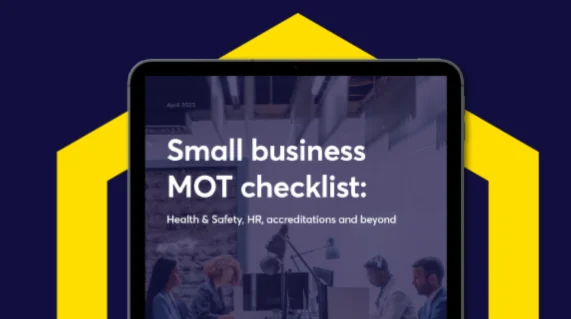Young People at Work
What determines a young person?
A young person is deterred as someone who is aged 14-17, a child is someone aged 13 and younger and anyone 18+ is seen to be an adult. But when at work its more common for 16-17 year olds being employed as they are slightly more mature, more readily available due to them finishing school and also usually have plenty of spare time for part-time employment before starting full-time work, college, university, post 16 or an apprenticeship.
Will a young person require anything different to a regular employee?
A young person will require no different treatment than a normal employee although in most cases training courses and having someone looking over them can be beneficial to helping them learn and fit into the job role as quickly as possible. Often when doing an apprenticeship, young people will go to college 1 day a week to become qualified and often by the end of the apprenticeship they will no longer be classed as a ‘young person’.
Laws for amount of time can be worked in a day.
- Entitled to 2 days off per week as a minimum.
- A daily rest break of at least 12 consecutive hours (the break between finishing work one day and starting work the next).
- A rest break of at least 30 minutes if the working day lasts more than 4.5 hours.
How much should I be paying?
As of April 1st 2017 workers aged below the 18 are entitled to the minimum wage of £4.05 per hour (previously £4.00) also apprentices are entitled to a minimum of £3.50 per hour (previously £3.40)
Advantages of employing someone young:
- Energetic
- Willingness to learn
- Cost-effective
- Develop new ideas
- More flexible hours
Disadvantages:
- Can be immature and disruptive
- Can be cheaper to employ but training costs can outweigh this.
- Lack of Stability
- Failure to handle pressure
Should I employ a young person?
Whether you employ a young person or not is completely dependent on the job role. If you are looking to employ someone in a position which can be picked up fairly easily by the majority of people and this can be done without previous experience, there is no reason why you shouldn’t employ someone under the age of 18.
If the job requires training or experience it might be worth looking into the experience factors as well as the wage factor to whether employing a young person is a worth-while investment.
It could be an option to set a young person on as an apprentice so they can develop there skills, become qualified and be an asset for your company, with courses and training funded by the college or university.





